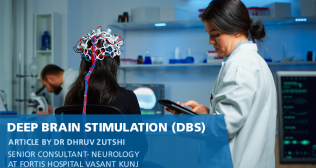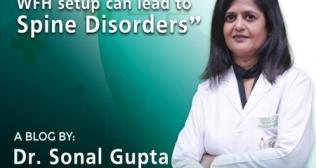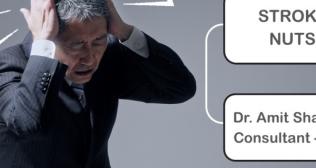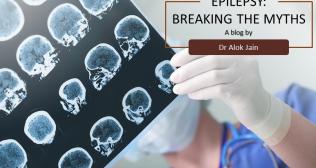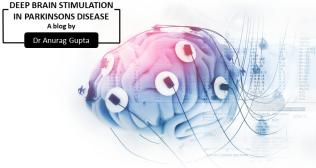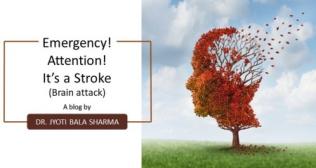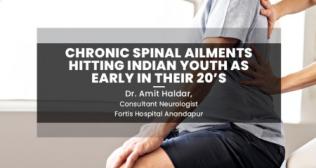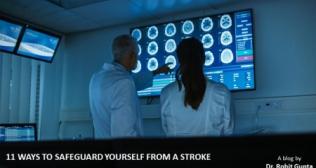
Understanding Alzheimer's
Understanding Alzheimer's: How Cognitive Decline Accelerates with Age
Alzheimer's disease is a progressive neurodegenerative disorder that primarily affects older adults, leading to cognitive decline and memory loss. The progression of cognitive decline in Alzheimer's accelerates with age and can be categorized into three stages: early, middle, and late.
Early Stage
In the early stage, individuals may experience Mild Cognitive Impairment (MCI), which includes subtle changes in memory and thinking. They might have difficulty with planning and organizing tasks, and these changes are often noticeable to close family and friends.
Middle Stage
During the middle stage, the symptoms become more pronounced. Memory loss becomes more significant, and individuals may experience confusion about time, place, and events. Language difficulties, such as trouble finding the right words, become more common. Impaired judgment and decision-making abilities are also evident, and there is an increased risk of wandering and getting lost.
Late Stage
In the late stage, severe Alzheimer's manifests with significant memory loss, including an inability to recognize loved ones. Communication becomes very challenging, and individuals become dependent on others for basic activities of daily living, such as eating and bathing. Physical decline, including difficulty walking and swallowing, is also common.
Factors Contributing to Accelerated Cognitive Decline
The progression of cognitive decline in Alzheimer's is influenced by several factors. Age is the most significant risk factor, with the risk and progression of Alzheimer's increasing significantly with advancing age. Genetics also play a role, with certain genes, such as APOE ε4, increasing susceptibility to the disease. Lifestyle factors, including poor diet, lack of exercise, and low mental stimulation, can contribute to faster cognitive decline. Comorbidities like hypertension, diabetes, and cardiovascular diseases can exacerbate cognitive decline. Brain changes, including the accumulation of amyloid plaques and tau tangles, disrupt communication between neurons, leading to cell death and brain atrophy.
Managing Cognitive Decline
While there is no cure for Alzheimer's, several strategies can help manage cognitive decline. Medications like cholinesterase inhibitors and memantine can temporarily slow the progression of symptoms. Lifestyle interventions, including regular physical activity, a healthy diet, social engagement, and cognitive training, can help manage symptoms and improve the quality of life. Supportive care, including providing a safe environment, routine, and emotional support for patients and caregivers, is crucial.
Research and Future Directions
Research is ongoing to identify biomarkers for early diagnosis and monitor disease progression. Developing disease-modifying therapies that target amyloid plaques, tau tangles, and neuroinflammation is a key area of focus. Additionally, genetic research is exploring gene therapy and personalized medicine based on genetic risk factors.
Understanding the progression of Alzheimer's and the factors contributing to accelerated cognitive decline is crucial for developing effective treatments and support strategies for patients and their families.
Categories
Clear allMeet the doctor

- Neurology | Neurology
-
15 Years
-
1500







